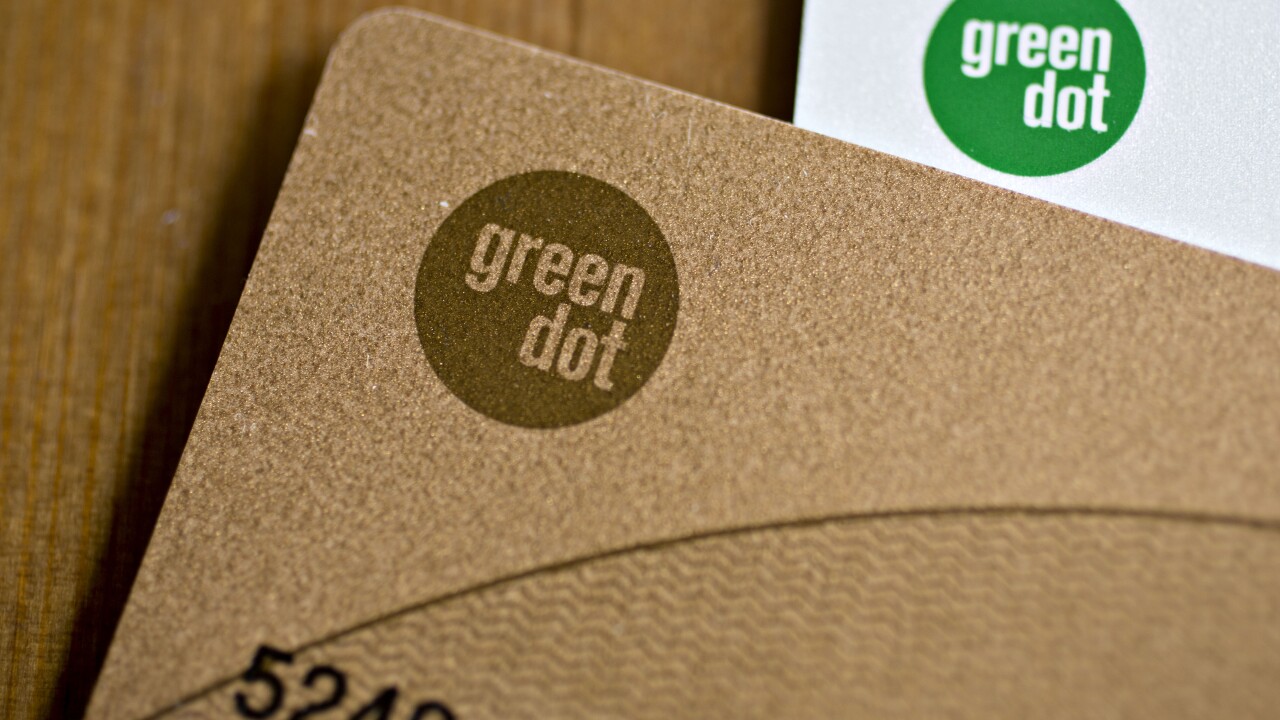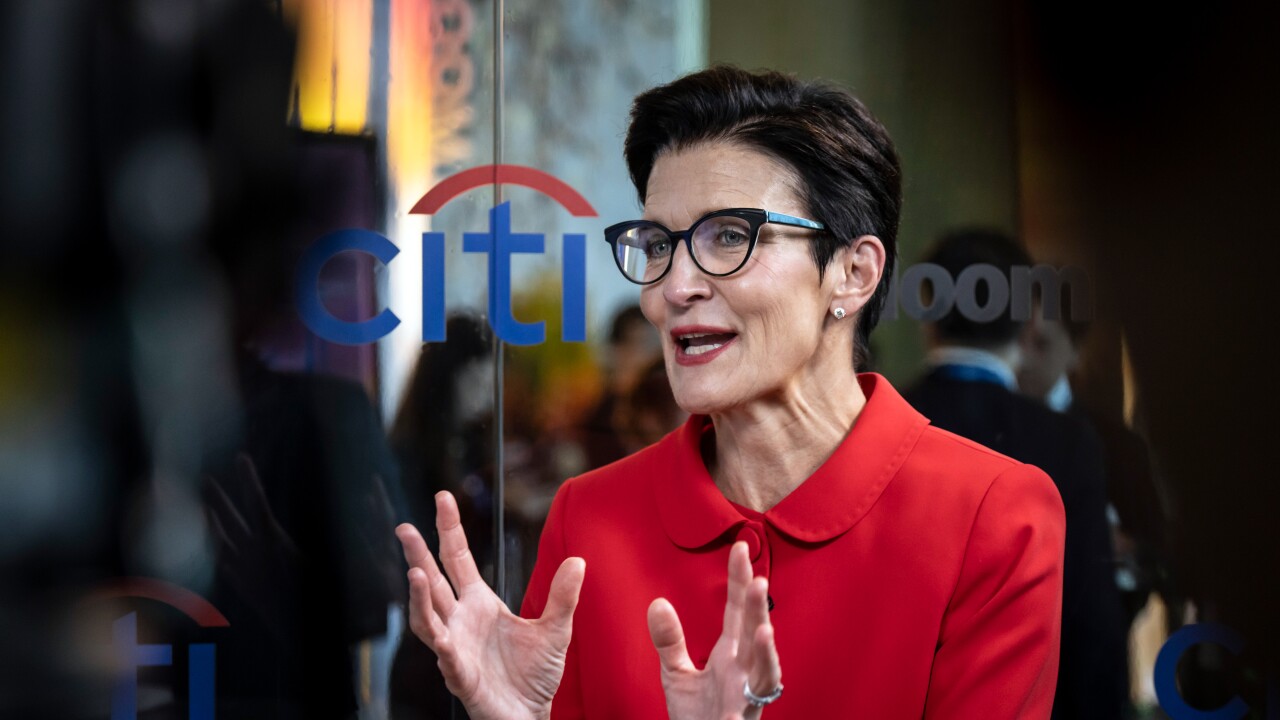
Buy now/pay later is drawing consumers and fintechs, but the burgeoning credit product also courts controversy.
Swedish neobank and BNPL lender Klarna's recent collaboration with Doordash sparked concern that American consumers were
But BNPL use isn't slowing down. The short duration loan product accounted for $342 billion, or 5%, of global e-commerce transaction values in 2024, according to Worldpay's 2025 Global Payments Report. That's expected to grow at a 9% compound annual rate through 2030 to $580 billion.
And there are signs that consumers are leaning on BNPL
But for Zip Co.'s U.S. CEO Joe Heck, critics are missing the forest for the trees and applying a stigma to pay-over-time products without understanding why or how people use them.
"Where I pontificate and get hoity-toity on this topic is, I grew up in traditional finance, and the whole system is built on judgement," Heck told American Banker. "Look at every budgeting tool, they're all borderline fad diets because they're really not all that personalized. They're all about the ways you're spending your money wrong. And I think it creates an environment where traditional finance sits in their leather chairs and judges how you spend your money and what instruments you use."
Heck believes that while fintech lending such as BNPL is only scratching the surface, it is moving in the right direction in deconstructing financial products and reassembling them in a way that's simple and easy to use.
"This is where we have to do better as financial people. I just don't think the right attitude is to say that people need to spend more time educating themselves on financial services," he said. "We've got to spend more time making it simpler. And to me, that's what I get excited about."
Heck sat down with American Banker to talk about perceptions of the BNPL and pay-over-time industry. What follows is a transcript of the interview, edited for length and clarity.
Where do you think the general stigma against BNPL comes from?
JOE HECK: If you look at the underpinnings of the challenges, the U.S. has massive, massive consumerism. The economy's built on it. And the credit card companies thrive on it. Revolving products are difficult for the average American to manage. Annual percentage rates make sense to you and I, but it's a relatively complicated instrument.
Think about return windows and making sure you get your returns in before a [bill] cycle date. When you're paycheck to paycheck, that stuff matters to your cashflow because there's a revolving instrument where that APR kicks in, and you've got to be careful.
That product works well for people that have cushion in their finances. The average American does not have cushions. It's a
If you marry that up with consumerism, that inherently starts to line up incentives that are a mismatch for consumers. It's not built on financial literacy or education. It's built on 'How do we do just enough to max out consumerism, but not so far that they start defaulting?'. But even if they do default, the credit card companies still win.
How do you start to meaningfully educate people about BNPL?
I don't think it's a financial literacy challenge I need to solve for my customers. I'll give another analogy. Let's use engineering as an example. If one of my engineers puts out an incredible piece of code, and I don't know how to use his code, whose fault is it? It's on us as a product team to design the right user experience and the right experience.
What a lot of us in the financial services sector talk about and judge people on, is when they misuse the product and or if they use it in a way that we didn't anticipate. Whose fault is that?
We didn't design the product simply enough for that customer to be successful. We need to own that, and that's where I take a different point of view. There's some great people out there talking about financial education. I don't think that's a bad thing. But I also think it points the finger at others when we can do better.
Should people be worried about BNPL being used for groceries or concert tickets?
Sometimes you don't have time to cook. Cooking is learning a recipe. It's putting time into buying the ingredients. That's work. And if you are working one and a half, two and a half jobs, and you're putting food on the table, not everybody has a free hour to learn a new recipe, cut up all the vegetables. And so if they want to use DoorDash, why are we getting ourselves in a knot about it? There's 20 other things we don't see.
If you fundamentally believe credit cards are a perfect vehicle, and everybody's kumbaya with interchange fees, and nobody revolves that balance, then yeah, BNPL is a weird instrument, because then it does scream like an affordability issue. But the reality is that this isn't just an affordability issue.
Let's say I want to go to Coachella, but I'm in one of the lumpy moments. Well, an installment loan is great. It doesn't mean I don't have affordability. It means I don't have any affordability at the moment.
The lumpiness does smooth out for these folks, and I think that is where the judgment really, really gets difficult because, it's lazy to say it's an affordability problem.





